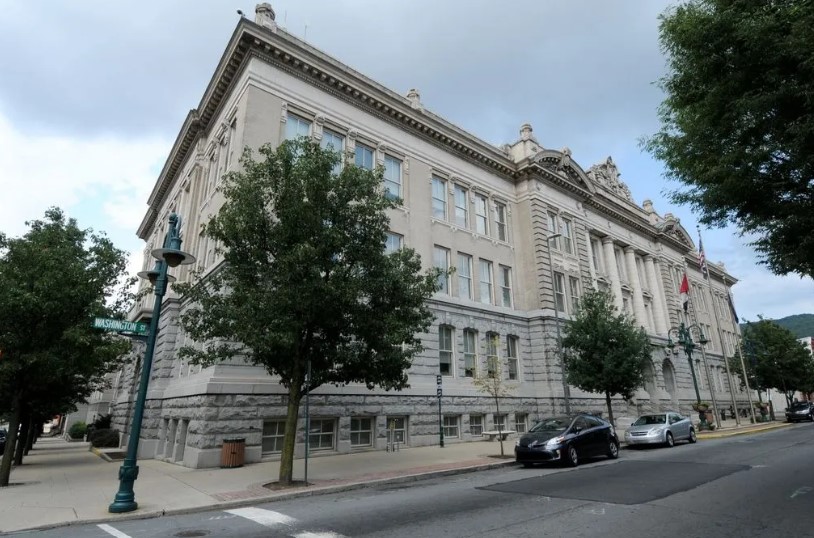Reading’s proposed $284 million budget for 2026 would include a property tax increase, the city’s first in four years.
City Council at a special meeting Monday heard the administration’s proposal for next year’s budget, including a proposed tax increase aimed at maintaining essential services and narrowing the city’s growing structural deficit.
A structural deficit results when regular, ongoing expenses are higher than regular, ongoing revenues.
Finance Director Jamar Kelly presented the draft budget highlights, describing it as a plan that balances fiscal responsibility with continued investment in city operations and infrastructure.
The city has held off a tax increase for four years, Kelly said, but the gap between revenue and expenses has widened.
The administration, he noted, advised Mayor Eddie Moran that some level of property tax increase is needed to limit the size of the growing structural deficit.
Overall spending across all funds, including capital and federal grants, is projected at $284 million, Kelly said. The general fund, which covers operations such as police, fire, public works, community development and the library system, accounts for roughly $126.3 million of the total, he noted.
To sustain operations, the administration is proposing to raise the property tax rate to 19.261 mills from 18.129 mills. The owner of property assessed at $100,000 would pay a tax bill of $1,926, a change that would mean an increase of about $163 per year.
The increase is expected to generate an additional $2 million in revenue and help offset rising personnel costs, which make up more than 70% of the city’s expenditures, Kelly said.
He noted that although the shortfall has appeared only on paper in recent years the city’s 2024 audit will show a more tangible impact.
Wages and benefits have grown about 16% since Reading exited Act 47 state oversight July 14, 2022, after being in the program for nearly 13 years, Kelly said. The increase positioned the city as a more competitive employer but also drove up long-term costs, he said.
“The corresponding bill is coming due,” Kelly said, noting that efficiency improvements and new fee structures have helped but have not closed the gap.
Kelly also stressed the administration’s support for changes to Pennsylvania’s Act 511, the 1965 law that regulates local taxes. A change that would allow a commuter tax outside Act 47 could generate an additional $7 million annually from nonresidents who work in the city, he said.
Proposed major capital projects in the 2026 plan would total about $15 million, administrators said.
The largest would be the $10.5 million replacement of City Hall’s aging HVAC system, now underway. The city also plans to move forward with an $8 million renovation of the police and fire training center on Morgantown Road, supported in part by a $500,000 state grant.
The administration is proposing fewer than five new positions next year, including a budget analyst in the finance department, a downtown activity coordinator and a fire training lieutenant. Kelly said the additions were chosen for their potential to improve efficiency or generate revenue.
Council members raised questions about balancing new revenue with cost control.
City Auditor Maria Rodriguez said the administration should look for ways to cut spending as well as increase income, noting that staffing levels have risen in recent years.
“You can increase property taxes as much as you want,” she said, “but if you don’t cut expenses, it’s not going to work.”
Managing Director Jack Gombach said the administration has already made significant cuts through its internal budget process and is working to keep spending tied to essential services.
“This is going to be a difficult budget,” he said, “but that is why we are in these seats: to keep the public interest first and be good stewards of tax dollars.”
The proposal includes four ordinances covering the general fund, capital budget, position ordinance and property tax millage rate.
Council members will review the budget line by line in the coming weeks before voting on final adoption later this year.
Originally Published: October 8, 2025 at 7:45 AM EDT

